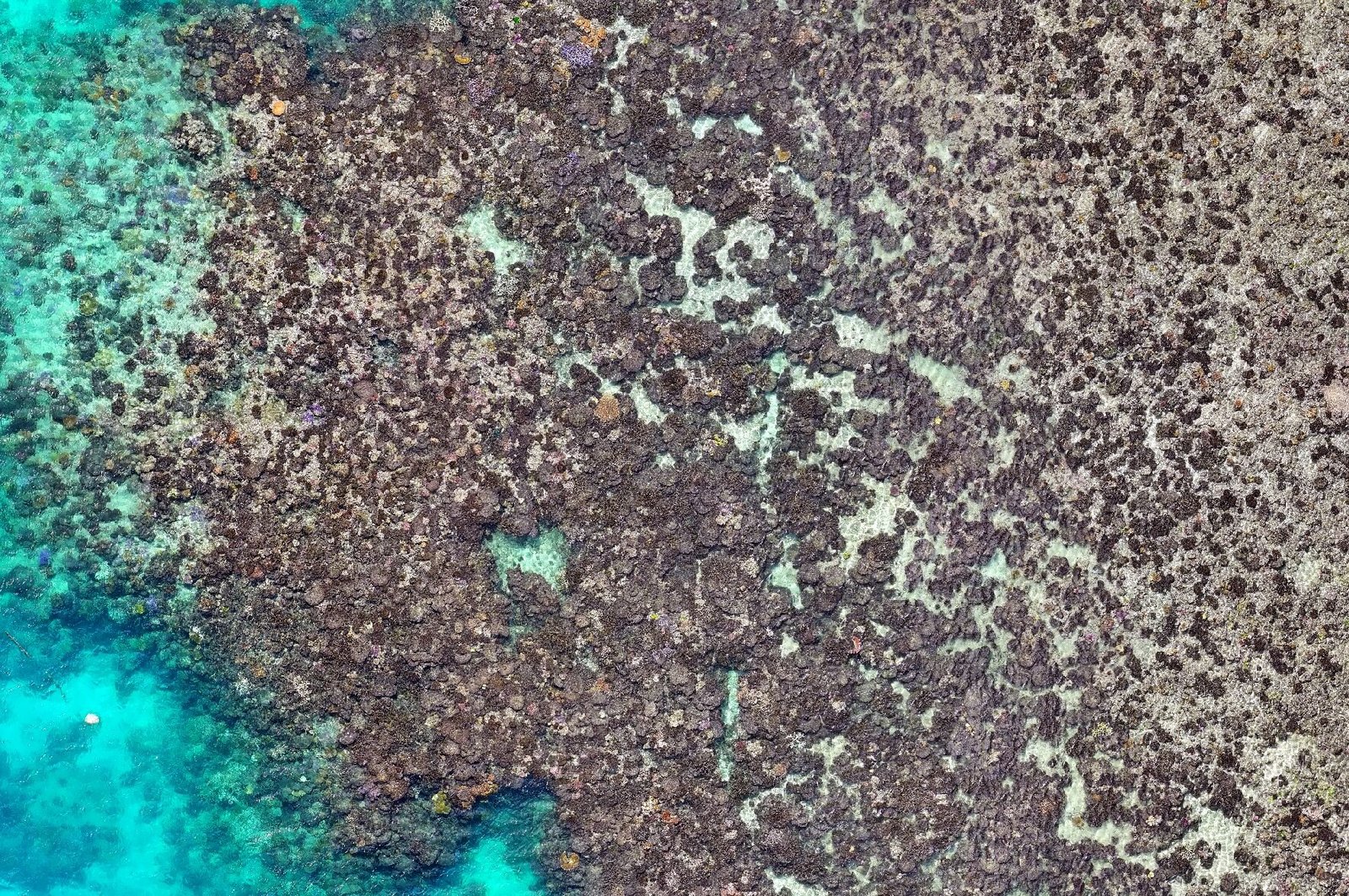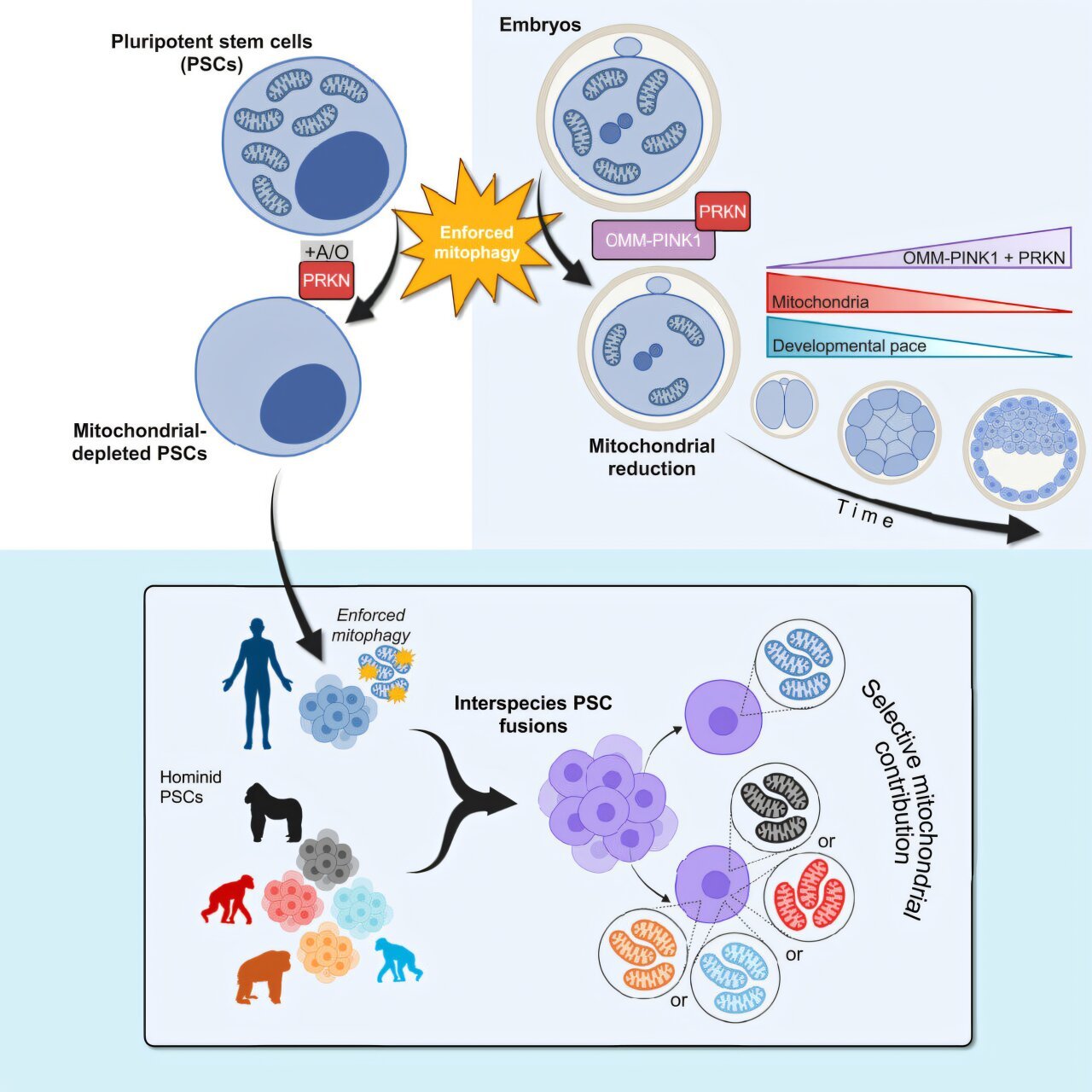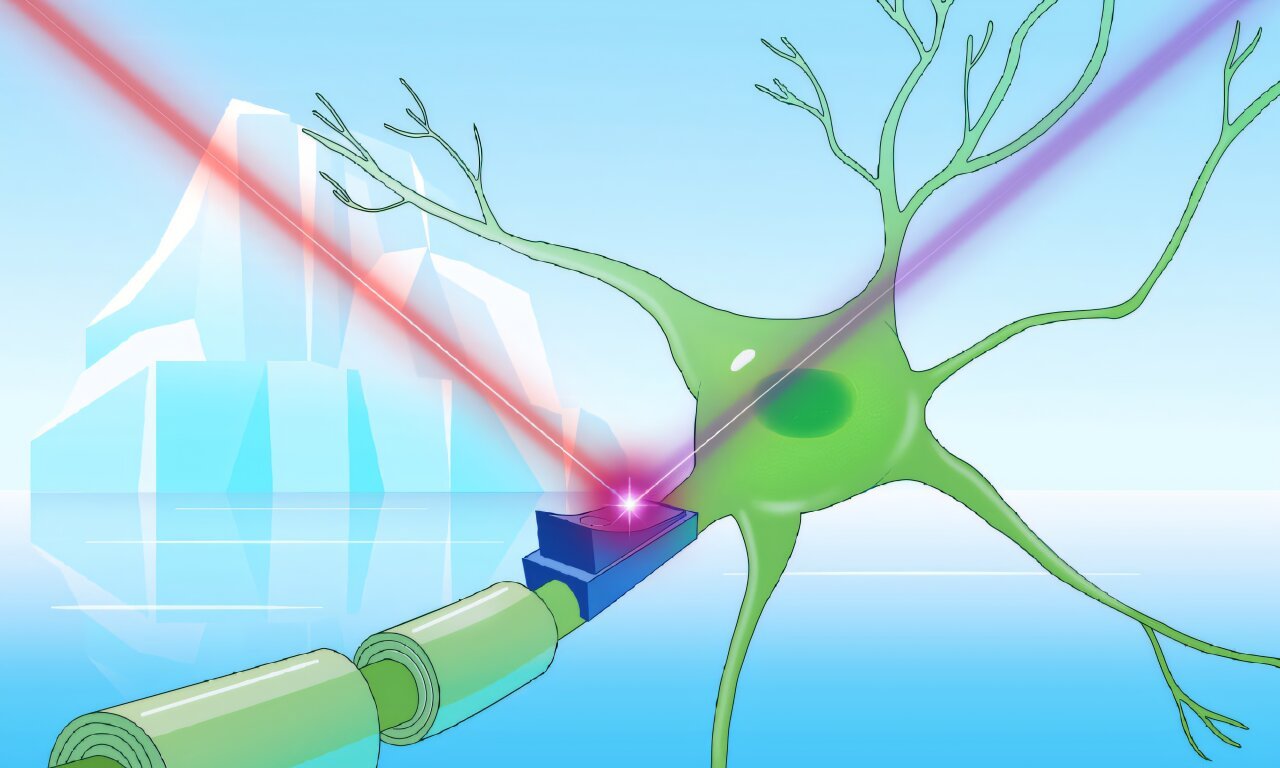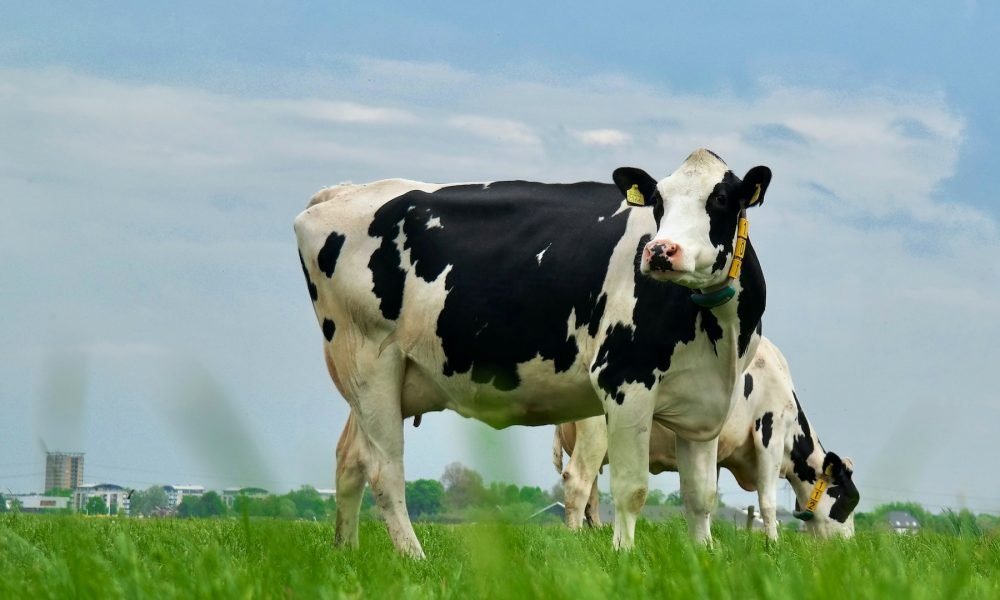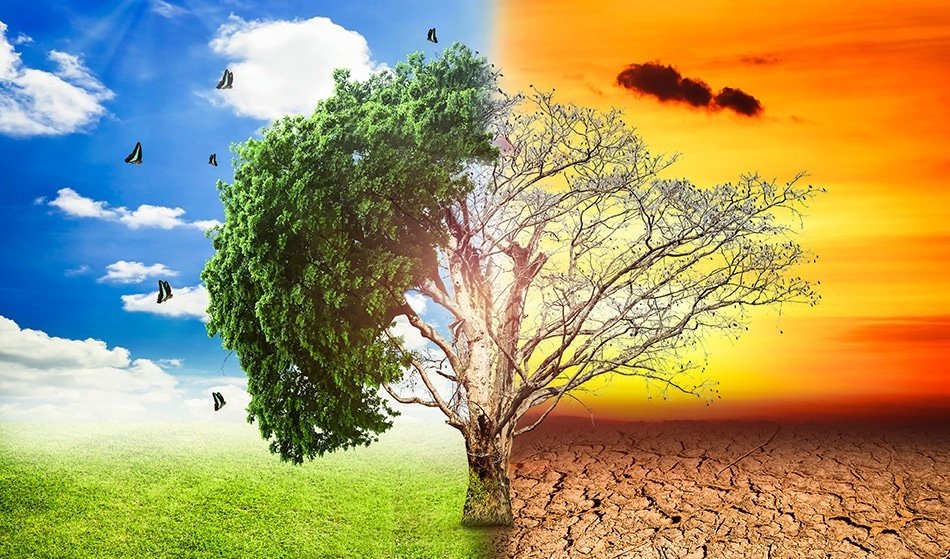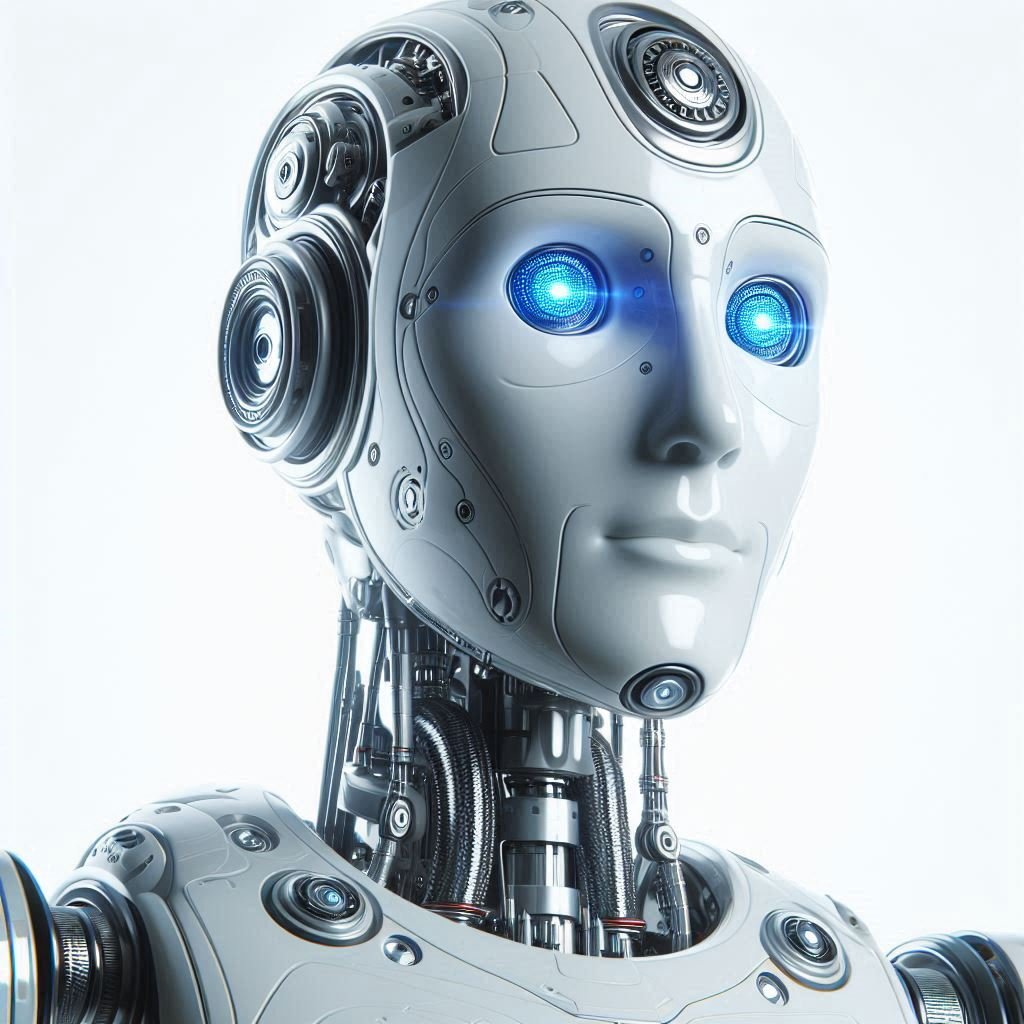Beneath the turquoise shimmer off Queensland’s coast, in a place once alive with the riotous colors of coral gardens and…
Author: Muhammad Tuhin
Scientists Forced Cells to Abandon Mitochondria and the Results Were Shocking
In the quiet chambers of a Texas lab, a daring experiment unfolded. Scientists at UT Southwestern Medical Center asked a…
Scientists Discover Rare Proteins in Glaciers That Switch Brain Activity On and Off
Beneath the eternal snow of the Tibetan mountains, deep within Finland’s frozen groundwater, and on the windswept glaciers of Greenland,…
The Bird That Remembers with Its Eyes
In a quiet laboratory filled with birdsong and beams of infrared light, a team of neuroscientists has uncovered a remarkable…
Just Three Minutes of Breathing Can Help You Master Your Emotions
In a world spinning ever faster, where stress looms large and emotions often feel like wild horses galloping out of…
Teen Boys with ADHD May Not See Their Own Struggles as Clearly as Girls Do
In a quiet corner of the Nordic world, where icy lakes reflect endless skies and pine forests stretch into the…
The Mental Fog That Lingers After Depression Lifts
In a quiet corner of a hospital in China, a young woman sits across from her doctor, trying to explain…
Scientists Create Lightning in a Box to Revolutionize Fertilizer and Fuel
It begins with a spark—one not in the clouds, but in a lab. Not thunder booming across the sky, but…
How Climate Change Is Quietly Drying Up the World’s Milk Supply
In the quiet pastures where cows graze and the world still seems simple, a silent transformation is taking place—one that…
Physicists Discover a Hidden Law of Entanglement That Mirrors Thermodynamics
In 1824, a young French engineer named Sadi Carnot peered into the fiery heart of steam engines and glimpsed a…
How AI is Learning to Understand Human Emotions
In the dimly lit laboratory of a robotics research center, a humanoid machine sits perfectly still, blinking artificial eyes at…
Can Technology Solve the Climate Crisis? Here’s What Experts Say
The air smells different now. In some places, the smoke never really leaves. Forests that stood for centuries now lie…
Inside the Race for Artificial General Intelligence (AGI)
In the quiet stillness of midnight labs and the buzzing hum of servers stacked like dominoes across continents, a dream…
Predicting the Next Big Tech Revolution After AI
In the final decades of the twenty-first century’s first act, the world fell under the spell of something that seemed…
The Rise of Digital Twins: Copying Reality for a Smarter World
In the shimmering glow of factory lights in Singapore, machines hum in perfect synchrony, their robotic arms swooping and pivoting…
Will Robots Take Your Job—or Make Life Better?
Somewhere in a vast warehouse in Nevada, beneath a ceiling of metal girders and humming fluorescent lights, hundreds of robots…
What Will Smartphones Look Like in 10 Years?
It’s hard to remember how quiet the world was before the tiny rectangles in our pockets began to sing. Before…
10 Futuristic Technologies Closer Than You Realize
It was once a realm reserved for sci-fi novels and silver screens: shimmering cities under glass domes, flying cars gliding…
The Metaverse Explained: Why Tech Giants Are Betting Billions
Imagine slipping on a sleek headset and stepping into another world—a world sculpted from lines of code but bursting with…
How Quantum Computing Could Change the World Faster Than You Think
In a quiet lab, humming with cold silence and cables that seem to breathe, a machine unlike any other waits.…
The Future of AI: Will Machines Ever Truly Think Like Humans?
A hush has fallen over the lab. Banks of humming servers exhale warm air as code scrolls across glowing monitors.…
The Moral Dilemma of Creating Machines That Feel
There was a time—not long ago—when machines were nothing more than tools. Cold, indifferent, reliable. They did what we told…
